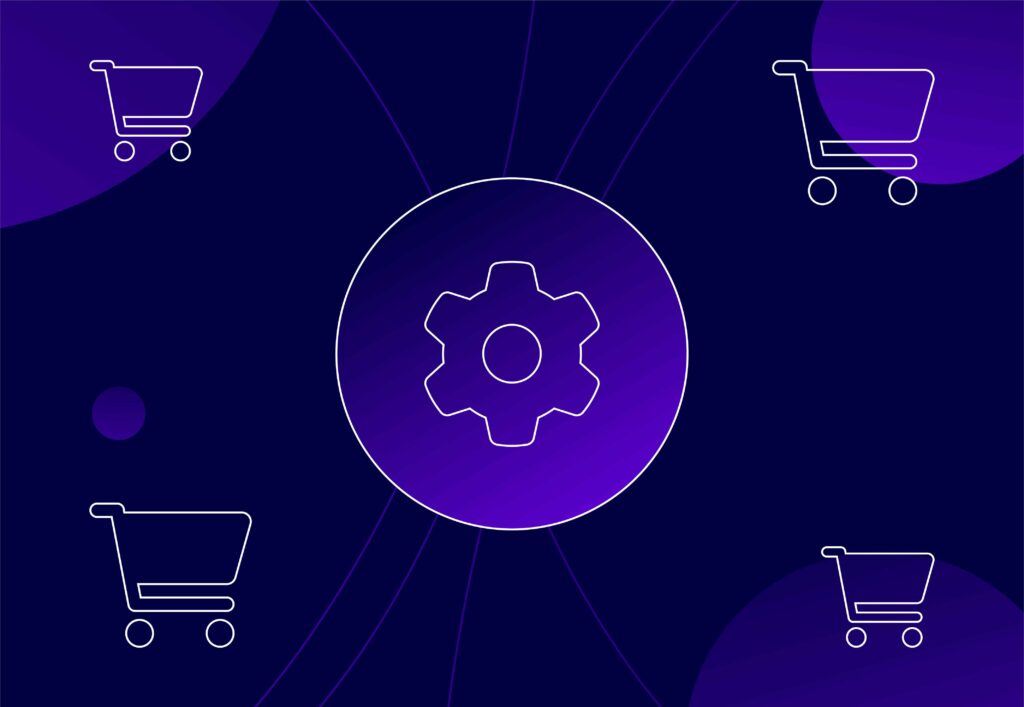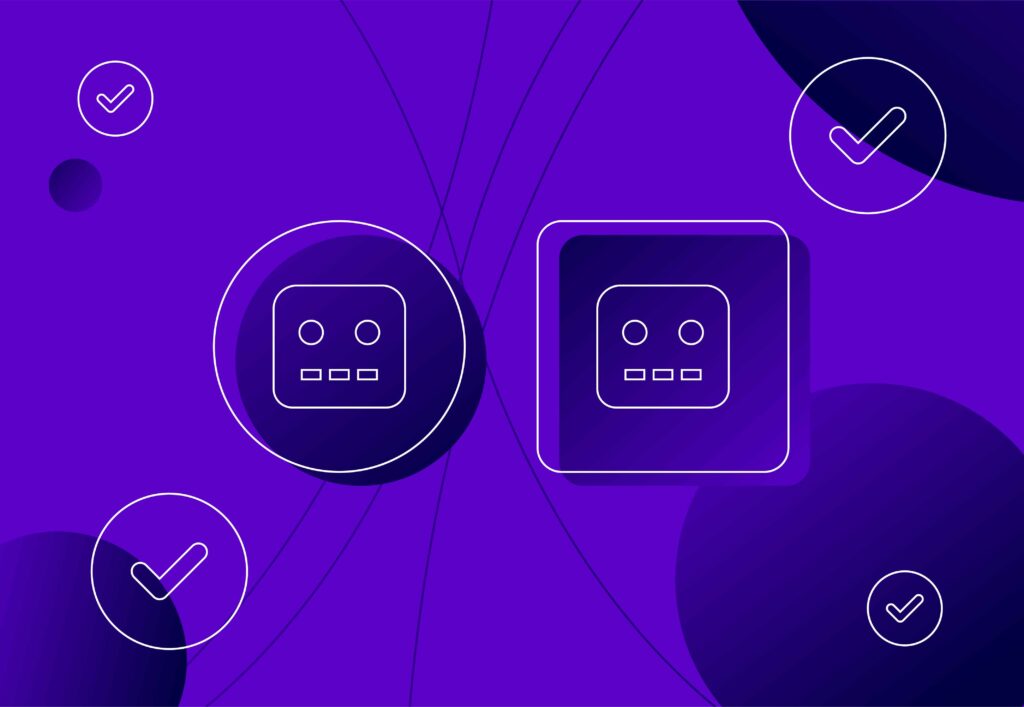
Is FaceApp The New Cambridge Analytica?

Unless you’ve been hiding under a rock, you’ll have seen pictures across social media in recent weeks of people who have been ‘aged’, giving them a potential glimpse into what they’ll look like in the future. FaceApp has gone viral again. It’s quite a fun thing, but like everyone, you wanted the results instantly and instead of ready the privacy policy and terms and conditions, you just ticked the boxes and started snapping.The internet has made us humans a very impatient species, we want what we want and we want it now. We don’t want to read pages and pages of terms and conditions and privacy policy information, we want the picture to share on social media, and then we move on to the next thing. The issue here is, did you know that by taking that picture, you’ve just granted FaceApp the rights for it to be used wherever and whenever they want without restrictions, and without royalties to you?
Cast your minds back to 2018 and you’ll have no doubt heard of the Cambridge Analytica scandal. A Facebook-based app called ‘This Is Your Digital Life’, a personality quiz used by only 270,000 worldwide but because those people didn’t read the privacy policy, it ended up affecting around 87,000,000 people’s data because the quiz not only granted access to the users data but that of every single person on their friends list. This data was then used for targeted political ads, potentially swaying the result of the 2016 presidential elections and Brexit.
What Data is FaceApp collecting?
FaceApp’s privacy policy states that its service providers and affiliates “may transfer information that we collect about you, including personal information across borders and from your country or jurisdiction to other countries or jurisdictions around the world”. However, it doesn’t actually state what that “personal information” is. It also doesn’t state what the company does to safeguard the data they have about you on their servers. They do however claim that all data is aggregated “so that it cannot be reasonably be used to identify any particular individual user“.
What we do know is that when you use FaceApp, the image you take or use is uploaded to the cloud and by using the app you grant the company a license “to use, reproduce, modify, adapt, publish, translate, create derivative works from, distribute, publicly perform and display your User Content and any name, username or likeness provided in connection with your User Content in all media formats and channels now known or later developed”.
In simple terms, the image you uploaded, they can use it however they want, whenever they want and not have to tell you about it. This could be anything from online adverts to billboards, and even as far as using it in the development of facial recognition technology.
Not happy now you know all of this? You won’t be able to do anything about it, as by using the app you’ve waived your right to take any legal complaints to court. All of this is laid out in the terms and conditions you agreed to when using the app.
You Need To Take Responsibility Of Your Data
The shady data-mining apps and companies won’t stop because they’re technically doing nothing wrong, but you can start to take control of your data. Make sure you’re aware of what you’re signing up to when using a new app and take a step back from the hype to understand what exactly you are handing over.
My top recommendation for ease is an app (I know, another app!) called Jumbo. I’ve been using it for a while and it really helps you gain control over social media accounts and how locked down they are. The key feature though is being able to do everything in just single clicks. No confusing menus, or settings pages, Jumbo does it all for you. Just some of the things Jumbo can do:
- Optimise your Facebook privacy settings (including targeted ads)
- Optimise your Twitter privacy settings (including targeted ads, location, deleting old tweets and more)
- Delete your Alexa Voice search recordings
- Delete your Google Voice search recordings
- Optimise your Google privacy settings, remove any search history and stop Google keeping it altogether
The Jumbo App continues to grow and add new services and abilities all the time. It really is the first instance of being able to one-click control your privacy when using the most common tech giants. Unfortunately, though, it is at the moment only available on iOS. It’s empowering to start taking back control over your data, give it a try.




